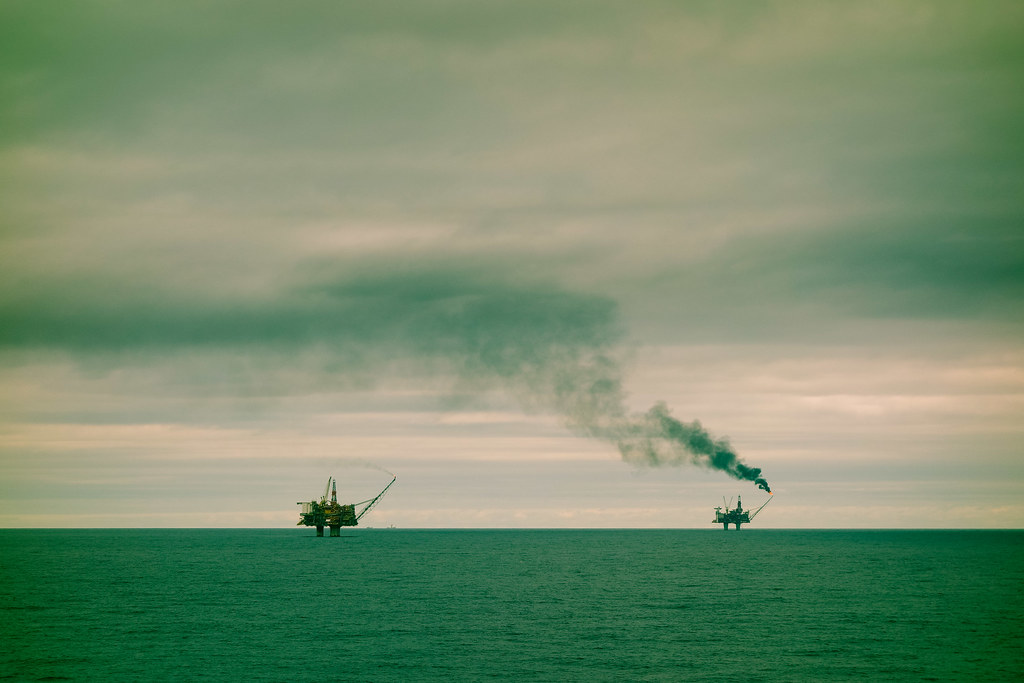The Conservative government have once again proven their unwillingness to take necessary action against climate change, continuing to defend a planned North Sea oil exploration that could create 255 million barrels of oil.
Alok Sharma, president of COP26 and cabinet member, has warned that “unless we act now we will unfortunately be out of time” to stop climate change, while at the same time refusing to condemn plans for the Cambo North Sea Oilfield.
Sharma defends his position, arguing on Channel 4 that not only has coal-produced electricity fallen from 40% to 2% since 2012, but that for oil and gas “we have been clear that any future licences are going to have to be compatible with our legal commitment to be net zero by 2050 and there will be a climate compatibility check on that.”
Something the minister fails to mention here is a loophole in the government’s “climate compatibility check.” The check is made before a project gets its initial licence, and therefore the Cambo project will avoid such regulation, being an extension of Siccar Point Energy’s existing oilfield, not a new licence. Similar loopholes apply for other planned North Sea projects, expected to create over a billion barrels of oil altogether.
The Tory government are demonstrating clearly that though they may bring in a reform here, or a climate target there, as long as there is oil to be found and money to be made, they will find a way around their own regulations.
Sam Chetan-Welsh, of Greenpeace UK, has criticised the government’s approach: “Before we even got a chance to find out whether the government’s climate compatibility checks are any good, it turns out a slew of oil and gas projects are going to slip through the net anyway thanks to a major loophole.” Greenpeace has threatened legal action against the government over the matter.
The government’s plans also fly in the face of recommendations by the International Energy Agency, who argue that to keep global warming within 1.5°C, there can be no new oil, gas, or coal projects. Even the government’s new licence check is not enough as there should be no new projects at all.
According to the new Intergovernmental Panel on Climate Change (IPCC) report, if we were to see a rise in temperatures beyond the 1.5°C mark, sea levels would rise by half a metre, with the possibility of a 2metre rise by the century’s end. Such a rise could destroy nations such as the Maldives, the world’s lowest-lying country. Former Maldivian President Mohamed Nasheed said on the recent UN report, “We are paying with our lives for the carbon someone else emitted,” leaving his nation on the “edge of extinction.”
UK Prime Minister Boris Johnson addressed the report too, saying “We know what must be done to limit global warming – consign coal to history and shift to clean energy sources, protect nature and provide climate finance for countries on the frontline.” Johnson’s comments do make one wonder: what kind of shift to clean energy allows for a company like Siccar Point to create millions of barrels of fossil fuel energy? As well, much may have been done to “consign coal to history,” but the various causes of climate change do not exist in a vacuum. The decline of coal and the development of offshore wind are great improvements, but mean very little unless oil sees the necessary regulation too.
Philip English, is a member of the YCL’s Manchester Branch



